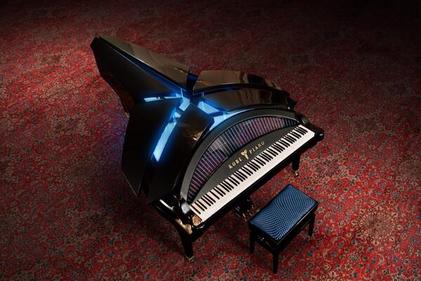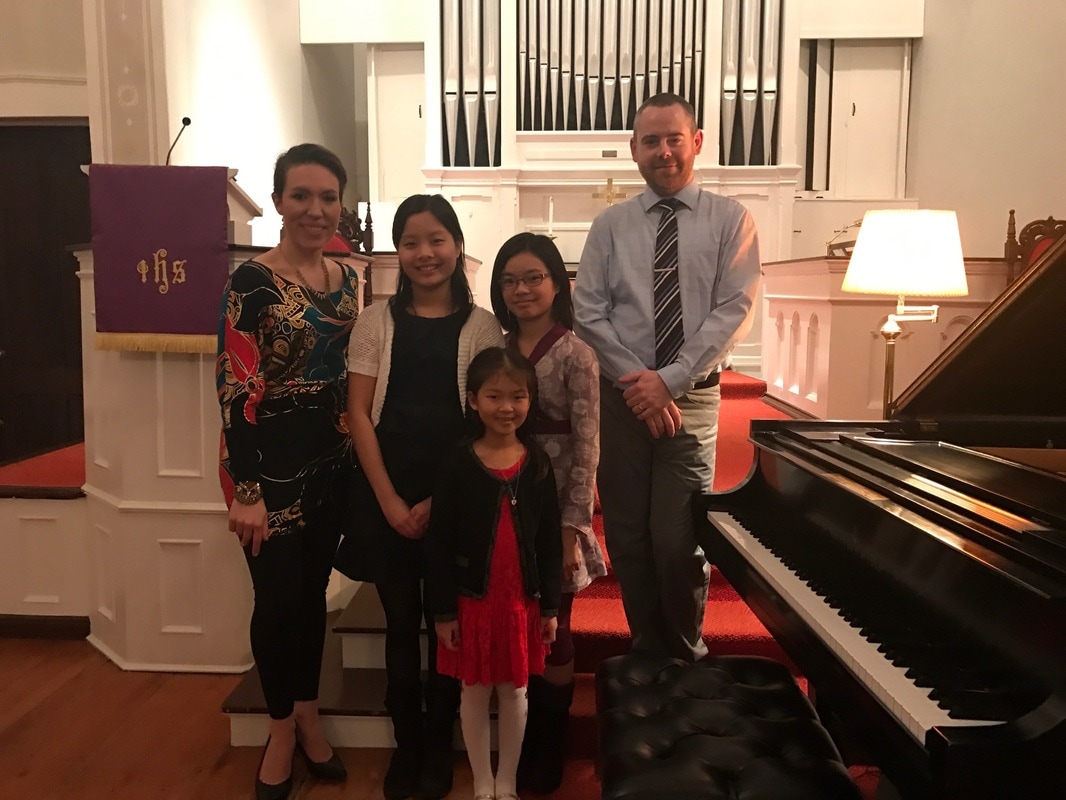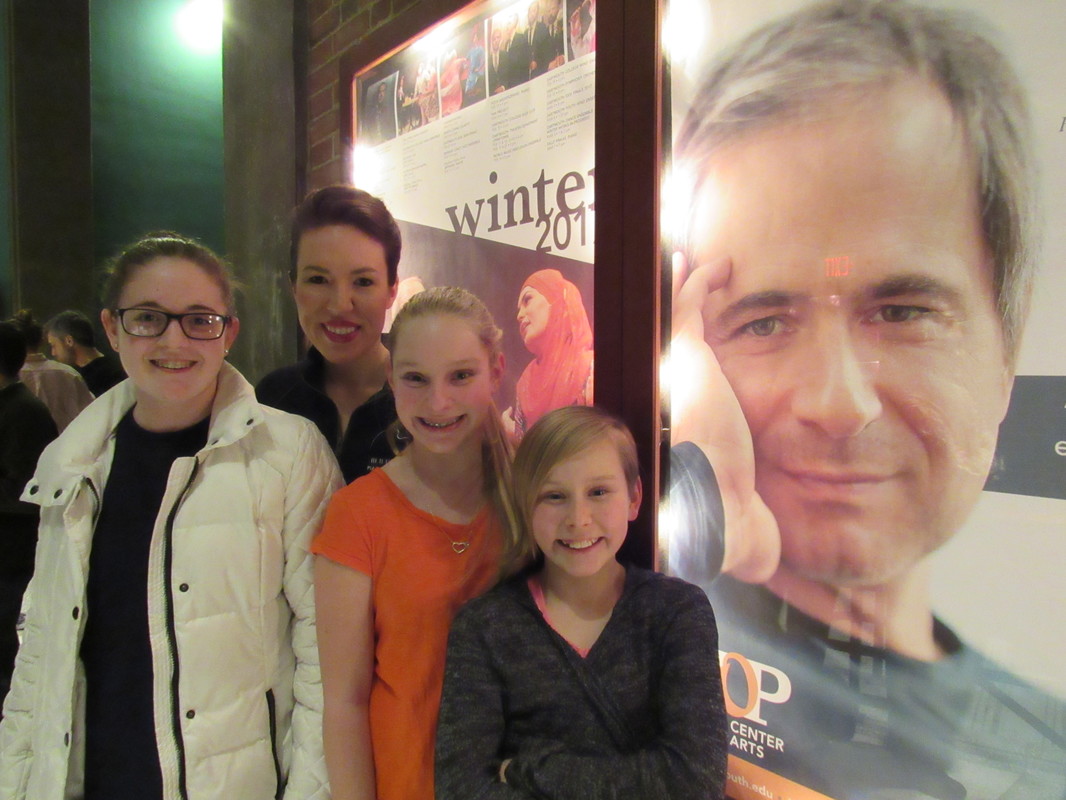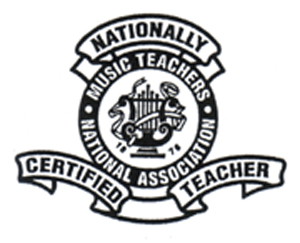0 Comments
Piano Prodigies hosted a masterclass by pianist and teacher Chad Bowles on Friday, April 7, 2017. Three students performed for Dr. Bowles and received feedback on how to practice and work to improve their playing:
Grace (age 6) Sonatina Humoresque (Preambulum: Allegro) by Christos Tsitsaros Sonatina Op. 55, No. 3 (Allegro con spirito) by Friedrich Kuhlau Amica (age 10) Clair de Lune by Claude Debussy Prelude Op. 12 No. 7 ("Harp") by Sergei Prokofiev Liana (age 13) Fantasie Impromptu by Frederic Chopin Sonata No. 4 Op. 128, Movement IV by Diane Rahbee Summary:
Last night, I had the opportunity to hear a performance by renowned pianist Piotr Anderszewski with three of my students.
As a musician (pianist) who is usually hard at work on stage, I sometimes forget what it feels like to be in the audience... much less what it's like to experience a profound and total feeling of awe. It brought to mind an article I recently read on the health-benefits of awe in our lives (http://www.collective-evolution.com/2017/01/30/feeling-awe-may-be-the-secret-to-health-happiness/). Although I've heard great things about Anderszewski's playing, I wasn't at all prepared for what I was going to hear. I expected nice piano music. Impressive playing. Solid memorization. A large range of dynamics. What he created was actually an expertly crafted novel, from the first note to the last. We hung on to every "word" as it was told to us, waiting for more, and spinning wilding through the adventures he shared with us (and, as I knew some of the repertoire quite well, this effect especially impressed me!). We transcended time and space. His beautiful choreography paired with an infinite color-wheel of sound, that seemed to defy the possibilities of even the best of pianos. I asked them my students at intermission, "Do you... Can you... feel what he is doing with the music?" They did. We talked about everything from memorization to practicing to style, program order, and life on the road. What a gift to be able to open the door to curiosity and possibility through this performance! The Bach did indeed prove his brilliant ability to take us on a tour of an enchanted castle, visiting rooms of ornate decor full of beautifully-dressed dancing to live music (a new ensemble for each). Anderszewski created a new acoustic for each room, and took on the role of choreographer and conductor. The performance was followed by Q&A, giving us a chance to learn more about the performer as a person. Here are some of his highlights:
There is so much to be said for literally moving to the music you are learning. You don't need to have training in dance. In fact - it may be better not to (as you can then feel free to do what is natural). Listen, imagine, feel, and just move. Explore the sound, the moods, and the energy. Do it a few times and develop a sense of the structure and start to tailor the movements to the phrasing.
I just started the Poulenc cello sonata this morning (the piano part!). I spent some time practicing it, and then felt a desire to explore it in a different way. My vision for the first movement quickly solidified into an exchange between two moods/characters: a spunky "petite marche militaire" and a graceful, feminine picture of elegance with a tinge of wistfulness. Now, when I go back to playing it, I have a more inspired sense of what I want it to feel like within me as well as how I want to communicate it to the audience. https://www.youtube.com/watch?v=K-f6bUVFKso The Department of Music observes the retirement of pianist Reynaldo Reyes with a celebration of his 50-plus years of service to Towson University and the community. The evening includes his performance of Bach’s “Chaconne in D Minor” as transcribed by Busoni, and stories and anecdotes shared by TU alumni and colleagues. The tribute concludes with an open reception, giving all the opportunity to congratulate Professor Reyes in person.
Saturday, April 11 at 7:00pm Harold J. Kaplan Concert Hall, CA 3042 Center for the Arts, Towson University, Towson, MD 21252 Tickets: http://events.towson.edu/event/music_for_a_lifetime#.VRmMwzTF9Ct Piano Prodigies director and pianist Elizabeth Borowsky studied with Professor Reynaldo Reyes from age 13-21. She considers him a tremendous influence on shaping her musical, technical, and teaching skills. In preparation for his retirement celebration, she sat down to ask him about his life as pianist and teacher. Below is a sneak-preview of the interview! Elizabeth Borowsky (EB): Tell us about your childhood, and specifically, how you got into music. Reynaldo Reyes (RR): I come from a family that was very ambitious. My parents had seven kids, and wanted their children to be successful. I was the second youngest. They chose what we’d be: The firstborn must be a doctor. There next would be a pharmacist. There must be a lawyer… So… you were chosen to be the pianist? No! It was an accident. My sisters learned piano and taught me. We came from a small town and didn’t know much. The piano we had at home was not intended for me - it was intended for everyone. My sisters were my first teachers. When I was seven I started taking lessons with a real piano teacher. But she lived 17 kilometers away. How do you think I got to my lesson each week? Bus? Hitchhiking? Bicycle? No! I walked! No way! Yes. I walked! It was during the war and everything was destroyed. There was no transportation. We walked four hours each way, each week, for a one hour lesson. When my students call me and say “Mr. Reyes, I can’t come to my lesson as my car doesn’t work” I laugh and tell them this story. The challenge is not the point. Piano lessons were so important. I would never be absent, for anything, for any reason! Were you an exceptional talent? I didn’t have anyone to compare myself to, and that wasn’t important for me. Also, I didn’t know the word “talent” or what it means. I was… capable. I never complained when I was given something difficult. In fact, the harder it was, the more I liked it. It challenged me. I didn’t do it because I was talented or because I liked it so much. I didn’t understand those words and their complex meaning. How do you practice now? The variations on Bach - I’ve always loved them. But they were so hard - I didn’t even dare to start them. Until I decided that I’ll do it for this recital. So, at the age of 81, I chose to force myself to learn them… even if just to test myself and answer the question: can I still do it? I could say, “It’s hard. It’s difficult. I’m old. I cannot memorize anymore.” But I’m not going to give into this fear. I’m not going to be defeated. If I can’t learn it, I shouldn’t be playing! I’m learning with the sheer belief that I was taught how to learn, and how to compete with myself. That competition — that challenge — is making me learn it. If I can do it, it means I really can still play, and learn, anything. I’m not learning a simple piece. It’s difficult. I think we should do a Piano Prodigies version...  Did you know that Lakers' guard Kobe Bryant is an aspiring pianist.... and just acquired a new piano designed around his personal logo? Click here for full story! Watch Kobe play Beethoven's Moonlight Sonata Many of my students know about my handstand quest: for a reason I don't quite understand, I so desperately want to be able to do an "effortless" handstand. To hop or kick or lift up into a handstand in the middle of a room (or better yet: my front lawn) and hold it as long as I like, before gently lowering down. And so, I've been practicing. A lot. Natalie (my roommate) teases me as my feet bump against the wall, morning and night. I read up on articles on what muscles I have to strengthen and various techniques of practicing handstands. And, slowly (soooo soooo slowwwwwly) I am getting there. I'm not entirely sure where, but I'm getting somewhere.
A few weeks ago I had a revelation. I realized that handstand practice is like piano practice, not only in the dedication it takes, but also how we feel when we are "safe" (practicing) versus "exposed" (performing).
Occasionally in yoga class, the instructor will catch me as I'm hopping up and assist me in my efforts. This is tremendously encouraging and exciting, as it seems like I'm closer to my goal. I do remember one class in which the instructor was passing by just as I was jumping up, and I expected that he would catch me. He kept walking. I fell. I laughed, nervously, and followed the class into the next posture. Later in class, he said: we have to be willing to fall, to feel the ground, to take the risk, to know that even if someone doesn't catch us, we will be okay... and that we grow and strengthen from this process. Great article, featuring my sister's beloved professor at Peabody, cellist Amit Peled.
http://peabodyinstitute.wordpress.com/magazine/vol-8-no-2-spring-2014/the-nature-of-nurture/ “So, how did it go?” Peled queries a student about a recent performance in New York. The student hesitates for a moment and responds, “Well, it was good. My biggest problem is that I get nervous.” Peled waves his hand dismissively. “Look,” he says, “everyone has that fear. You must overcome it. Everyone must. It’s not like practicing at home. The stage is totally different. You must prepare for it. You don’t just go out there. It’s very personal what people do before a concert. But right before you go onstage, you should just play and play and play. Be completely warmed up. That’s what athletes do. They pump up the muscles before a game.” At the end of their hour together, the student places his cello and bow back into a case and informs Peled that he plans to enter a prestigious competition and will try to win. Peled shakes his head. “You don’t want to try. You want to win,” he says. “That’s the right attitude. Don’t do competitions as an exercise or experiment or just to play. That’s a waste of time. You want to win!”
|
AboutElizabeth Borowsky is a pianist, teacher, and composer. She is a Nationally Certified Teacher of Music in Piano (Music Teachers National Association). SubscribeCategories
All
Archives
May 2023
|
Location |
|





 RSS Feed
RSS Feed